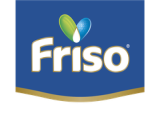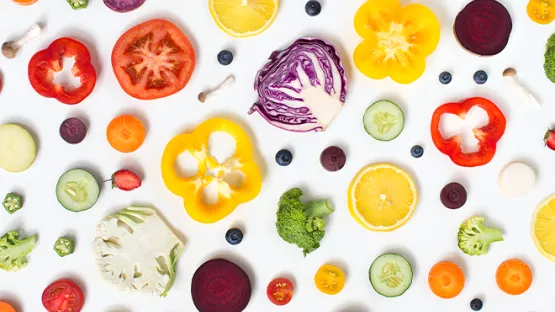
Is your kid getting the ABCs of nutrition?
We all know that it’s important for kids to get the right nutrition he or she needs for healthy, natural development. Do you know that they need a combination of micronutrients such as vitamins and minerals, and macronutrients like carbohydrates and protein? Here’s an easy guide to everything you need to know about them and some nutrient-rich food you can consider stocking in your kitchen pantry.
Knowing Your Nutrients
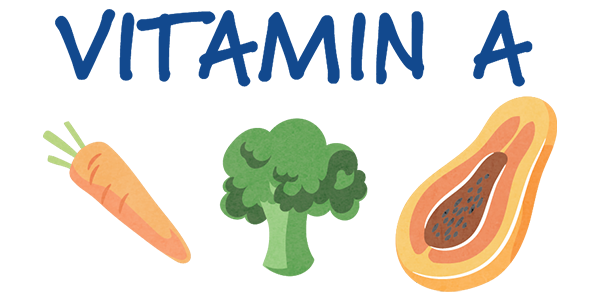
Vitamin A
For Natural Immunity
What it does: Essential for our immunity system, Vitamin A also promotes healthier hair, skin, nails and good vision1.
What to eat: Carrots, spinach, mangoes, broccoli, papayas
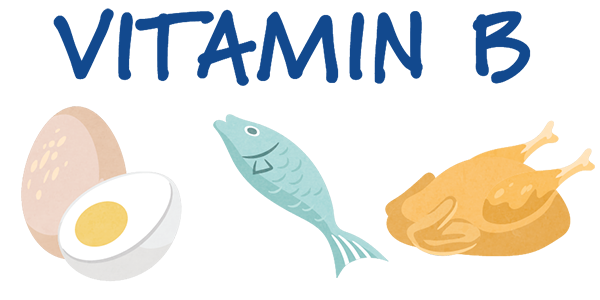
Vitamin B
For Energy Boost
What it does: One of the most important things that the group of B vitamins2 – B2 and B12 included – do is to help convert nutrients like carbohydrates, fats and protein into energy. They also make red blood cells that transport oxygen to every part of our body.
What to eat: Wholemeal breads, brown rice, beans, lean meat, fish, and eggs
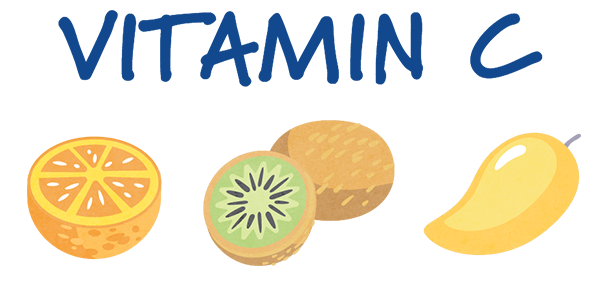
Vitamin C
For healthy bones, gums and teeth
What it does: Vitamin C produces collagen and helps maintain strong bones, blood vessels, gums, skin and teeth. It also enhances immunity and keeps our nervous system healthy.
What to eat: Oranges, papayas, kiwis, mangoes
Vitamin D
For Strong Bones and Teeth
What it does: Besides helping to strengthen teeth and bones by maintaining good blood calcium levels, Vitamin D also enhances immunity.
What to eat: Yoghurt, fish, Vitamin D-fortified milk
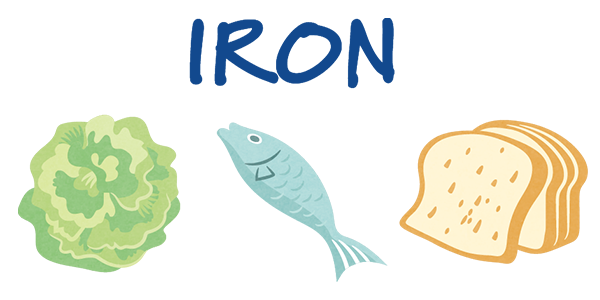
Iron
For Oxygen-Rich Blood Circulation
What it does: As an important component in our blood that helps to transport oxygen throughout our bodies, iron keep our minds sharp and our immune system healthy.
What to eat: Fish, poultry, leafy vegetables, beans, wholemeal breads
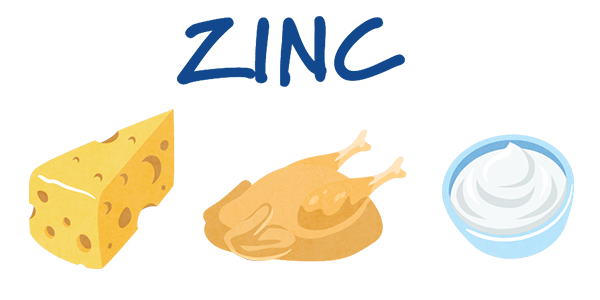
Zinc
For Steady Growth and Development
What it does: Key functions include supporting your child’s immune system, building strong bones and joints, and maintaining a healthy appetite3.
What to eat: Milk, cheese, yoghurt, brown rice, lean meat, fish
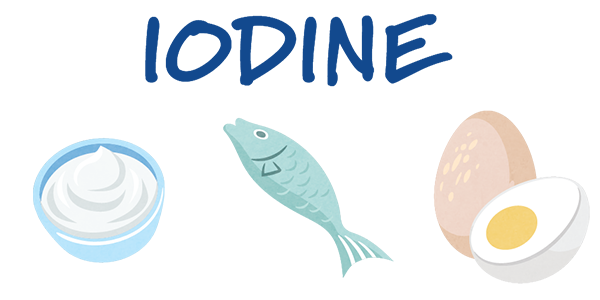
Iodine
For Alert Minds and Healthy Growth
What it does: Supports brain development and helps our thyroid glands manage our physical growth.4
What to eat: Seaweed, cod fish, tuna, yoghurt, turkey breast, eggs, baked potatoes

Carbohydrates
For Daily Energy
What it does: Carbohydrates are a good source of daily energy. Not only does it give your kid the fuel he or she needs to grow, but also helps in the healthy development of the brain5.
What to eat: Whole grains, pasta, and beans
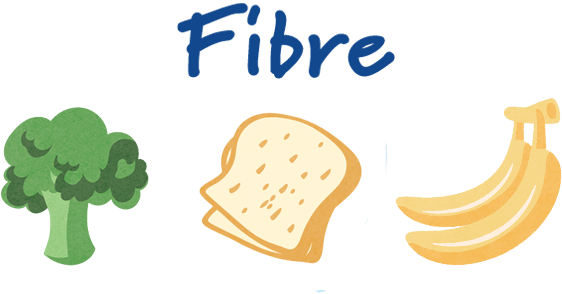
Fibre
For Better Digestion
What it does: Fibre in your child’s daily meals helps to keep your little one full. It also aids with digestion and regular bowel movements7.
What to eat: Fruits, vegetables, whole grains, and beans
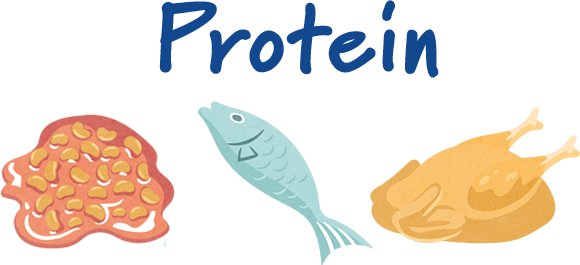
Protein
For Strong Bones and Muscles
What it does: Proteins help your child grow up strong. It builds bones and muscle mass to enable healthy physical development. That’s why it’s essential to feed your child protein every day7.
What to eat: Lean meat, poultry, fish, legumes, and nuts
Now that you know the ABCs of nutrition, you have a wide range of delicious food from fresh fruits and vegetables to wholesome bread and meat to choose from and inspire your next yummy meal for your kid. You could also try a high-quality milk formula for your little one to enjoy the benefits of a naturally nutritious milk.
References:
